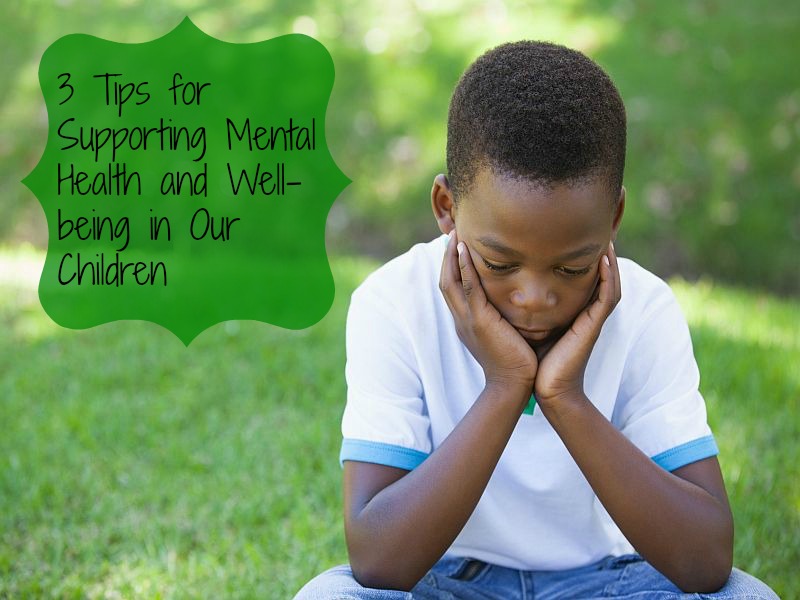Children from all walks of life experience stressful situations. Thousands of children walked from South America to the United States with their families and endured hardships and danger along the way. Children in many parts of the world have been displaced from their homes and live in crowded, unsanitary conditions due to war or natural disasters. Millions of children receive a frightening medical diagnosis or witness a family member go through a medical challenge.
Millions more children have been exposed to violence or substance abuse, which can create insecurities and fears. Even children who come from privileged homes with intact families face challenges, whether it be from parents who push them too hard or bullying at school, or too much time on electronic devices.
Given that stress is a part of life, teaching children early how to deal with stress effectively is important for their mental health and well-being.
Here are three tips that can help your child be happier and healthier.
Cultivate Resilience.
As a parent, it can be very tempting to try to shield our children from pain or consequences.It is more empowering to teach kids the skills they need to “bounce back” and for them to have confidence in themselves that they can handle set-backs and disappointments.Allow your child to experience natural consequences when they aren’t dangerous and use them as teaching moments when you are both are calm. Perhaps develop a phrase they can say to themselves such as “I do my best, then I let go,” or “I feel my fear and I try it anyway,” or “I have everything inside me to be peaceful and happy.”
Teach them acceptance.
Teach children acceptance of themselves, of others, of the moment. As humans, we expend a lot of energy resisting what is. For example, when we are stuck in traffic, most of us are arguing in our heads that it shouldn’t be this way, “they” shouldn’t drive that way and so on.When we do that, we are giving away our peace of mind. Knowing that you have a choice of accepting or resisting “what is” can totally transform the quality of your life.
It appears that it is the outside situation or person that is causing the upset.In fact, we actually have a choice. The moment we accept reality as it is, we have access to peace.Accepting does not mean we condone it, agree with it, or prefer it. We just accept it and then are free to respond and take action from a calm state of mind, rather than reacting from frustration and anger caused by our resistance.
Teach mindfulness tools.
Mindfulness tools such as a body scan or mindful breathing can be used almost any time and anywhere. A body scan is where you focus your attention on different body parts.Start with your toes and slowly work your way through your body up to your head. As you notice areas of tightness or discomfort, take some slow, deep breaths and try to allow that area to relax.
There are countless mindful breathing techniques, but the main component of all of them is focusing your attention on the sensations in your body as you breathe, such as your belly and chest expanding as you inhale, or the air coming through your nostrils.Each time attention wanders, bring it back to the breath.Counting down (“Five, I am breathing in, five I am breathing out, four I am breathing in and so on) as you breathe can sometimes help maintain focus.
Teaching these techniques can help children be more resilient in the face of whatever stresses they face and will help them learn to think in a way that creates less stress for themselves.
Thank you Meryl Best Lowell for sharing the article and while you’re at it, check out her book The Dolphin’s Secret: A Meditational Journey for Children. Make sure you check out her website also.








One Comment
business plan consultants in Dubai
Those tips are helpful to support mental health for children. Parents should engage with their kids to understand the problem. Parents cannot solve the mental health problems of children until they understand the problem. Those tools will solve the mental health of children.